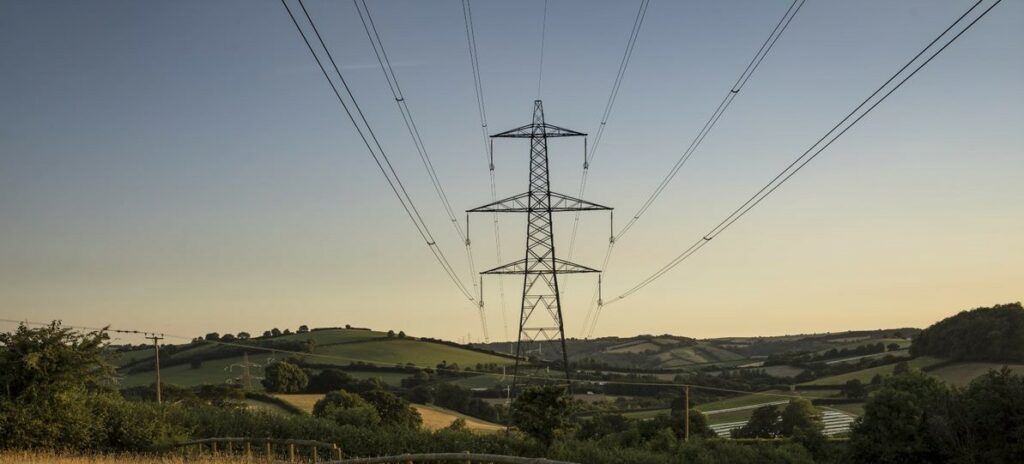Regulation watchdog Ofgem has announced the criteria it will use to assess mergers, as requested by the Competition and Markets Authority (CMA).
The Energy Act 2023 was introduced last October as a key piece of legislation involved in furthering the UK’s transition to net zero.
As part of the Act, a specific merger regime for energy networks was created under the Competition and Markets Authority, as well as an expansion of Ofgem’s merit to heat networks and new consumer protections and frameworks.
Under this legislation, Ofgem is required to prepare a statement of methods, which sets out the criteria it will use to assess the impact of a merger on its ability to make comparisons and the weighting applied to those criteria.
During Phase 1 of the merger investigation, the CMA must request, and Ofgem must provide, its opinion on whether and to what extent the merger situation has prejudiced, or may be expected to prejudice, Ofgem’s ability to make comparisons between energy network enterprises of the type involved in the relevant merger situation.
If so, Ofgem must decide whether the prejudice in question is outweighed by any Relevant Customer Benefits (“RCB”s) relating to the relevant merger situation.
The criteria by which Ofgem plans to assess its opinion on the mergers are as follows:
- Could the merger lead to a loss or deterioration in the quality of information on the relationship between costs and performance?
- Could the merger lead to a loss or deterioration in the quality of information on good performance/behaviours and efficient levels of costs?
- Could the merger reduce the diversity of management approaches and practices, adversely affecting the availability of information on good performance and efficient costs?
- Could the merger lead to a reduction in the rivalry between network enterprises that adversely affect the incentive of individual licensees to pursue performance improvements and cost efficiencies?
When assessing a merger against these criteria, Ofgem will consider whether there are RCBs attributable to the merger that could act to offset any prejudice that it finds. The criteria by which the watchdog will judge this are as follows:
- Are there any potential RCBs associated with the merger?
- Are the potential RCBs directly and predominantly attributable to the merger?
- Is there compelling evidence on the likelihood, extent and duration of a reasonable period for potential RCBs?
- Are the merging parties able to make relevant assurances that would ensure that potential RCBs are passed on to customers?
Ofgem evolution
The Energy Act 2023 also introduced the idea of a Future System Operator (FSO), which was expected to be a public body built on the capabilities of the National Grid Electricity System Operator (ESO) and, where appropriate, National Grid Gas.
Since then, the FSO has been officially named the National Energy System Operator (NESO) and is expected to transition from NGESO this summer.
The organisation redesign ahead of this shift has already begun with the appointment of Kayte O’Neill as the network provider’s first-ever chief operating officer (COO).
Ofgem has also revealed new changes to the non-domestic energy sector that will grant fairer treatment to various organisations.
Under the new changes, which will apply from 1 July 2024, Ofgem will expand the Standards of Conduct to all businesses of any size rather than just micro-business consumers. This will grant Ofgem powers to take action against suppliers that do not treat non-domestic customers fairly.
Alongside this, the energy regulator stated that it will introduce a new supply licence rule for non-domestic suppliers, which requires them to signpost micro-business consumers to Citizens Advice and Citizens Advice Scotland.






